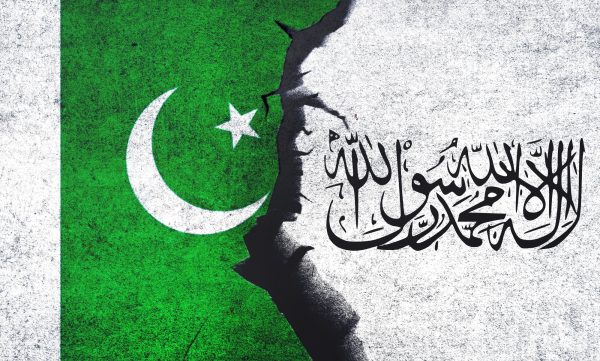Taliban Refuses to Recognize Pakistan's Claims Over Gilgit-Baltistan, Revives Border Dispute

The Afghan Taliban has reportedly refused to acknowledge Pakistan's claims over Gilgit-Baltistan, a region under Pakistan's control since 1947 but considered by India as part of its territory in Jammu and Kashmir. This development comes amid ongoing efforts by the Taliban to revise Afghanistan's borders with Central Asian countries.
Recent media reports indicate that while marking boundaries in the Wakhan, Zebak, Koran, and Monjan districts of Badakhshan, the Taliban did not recognize Pakistan's control over Gilgit-Baltistan, refraining from using the term "Pakistan-occupied territory." This move has significant implications for the longstanding territorial disputes in the region.
The Taliban's stance on this issue aligns with its broader plan to revise Afghanistan's borders with its neighbors. Abdul Latif Mansour, Afghanistan’s Acting Minister of Energy and Water Resources, recently announced plans to restore the country's borders with Tajikistan, Uzbekistan, and Turkmenistan, which have been eroded due to natural factors like floods. Mansour emphasized that the border revision is being undertaken on the instructions of Afghanistan’s supreme leader and will involve multiple ministries, including those of the Interior, Foreign Affairs, and Defense.
The Taliban’s refusal to recognize Pakistan's claims over Gilgit-Baltistan strengthens India’s position that it shares a border with Afghanistan through the Wakhan Corridor in Badakhshan. This corridor currently shares borders with Khyber Pakhtunkhwa in Pakistan, China, and Tajikistan, making it strategically vital.
Historically, Afghanistan has never accepted the Durand Line as its official border with Pakistan. In February 2024, Deputy Foreign Minister Sher Mohammad Abbas Stanikzai reiterated that Afghanistan would never recognize the Durand Line, a statement that has further strained relations between the two countries.
The Taliban's stance on the border issue is also influenced by historical agreements. The 1963 China-Afghanistan border treaty, which avoided naming contiguous territories, may have informed the Taliban's current refusal to acknowledge Pakistan's claim over Gilgit-Baltistan. The strategic significance of the Wakhan Corridor and India's historical connection to Afghanistan through this region add weight to India's ongoing claims over Pakistan-occupied Jammu and Kashmir (PoJK).
As the Taliban moves forward with its border revisions, the situation may further complicate regional dynamics, particularly in light of China's interests in the Wakhan Corridor as part of its Belt and Road Initiative. The Taliban's actions have also raised concerns in Central Asia, especially in Uzbekistan and Turkmenistan, which depend on water from the Amu Darya River—a key resource involved in Afghanistan’s border adjustments.
India's call to reclaim PoJK and restore its historical geographic connection to Afghanistan remains a key strategic priority, with the Wakhan Corridor playing a central role. The evolving situation underscores the need for India to reassess and strengthen its policies regarding PoJK, both internationally and domestically.




![From Kathmandu to the World: How Excel Students Are Winning Big [Admission Open]](https://nepalaaja.com/index.php/img/70194/medium/excel-college-info-eng-nep-2342.jpg)
